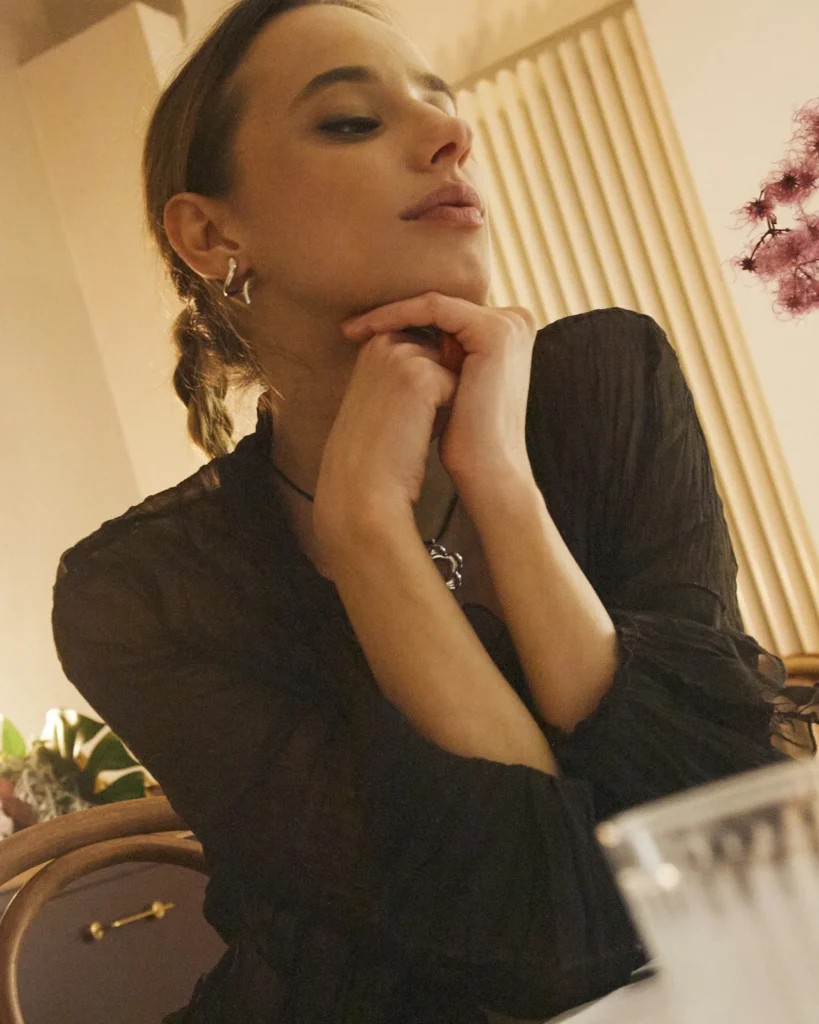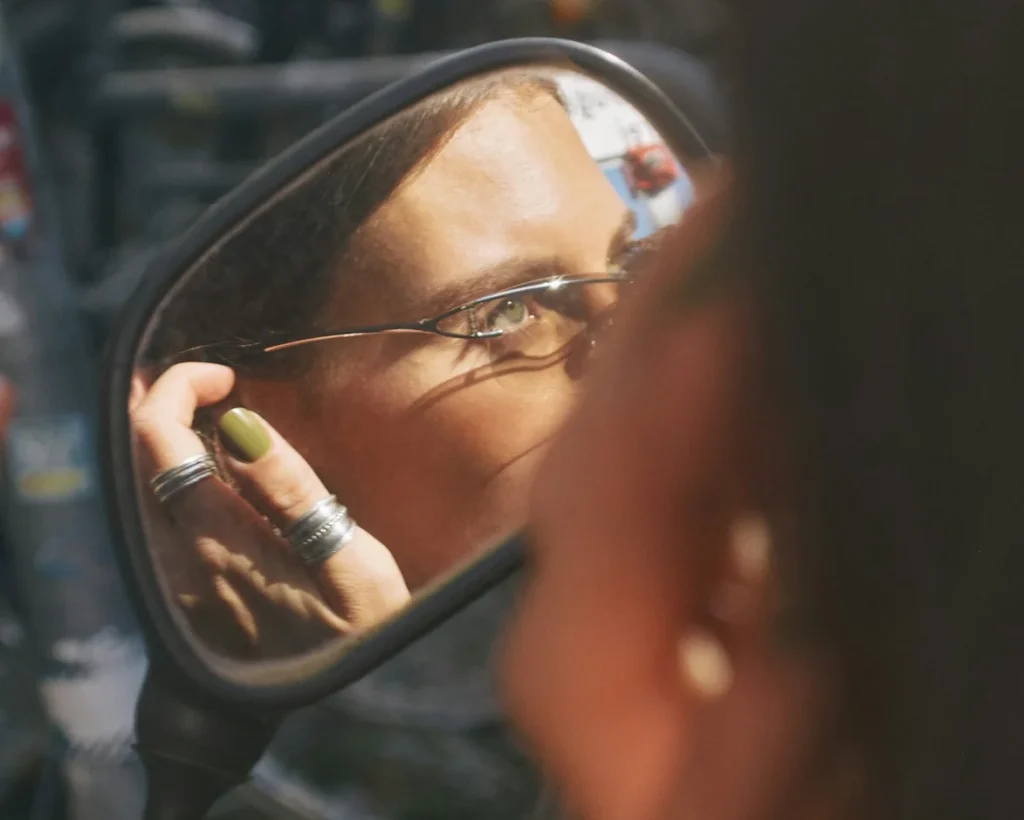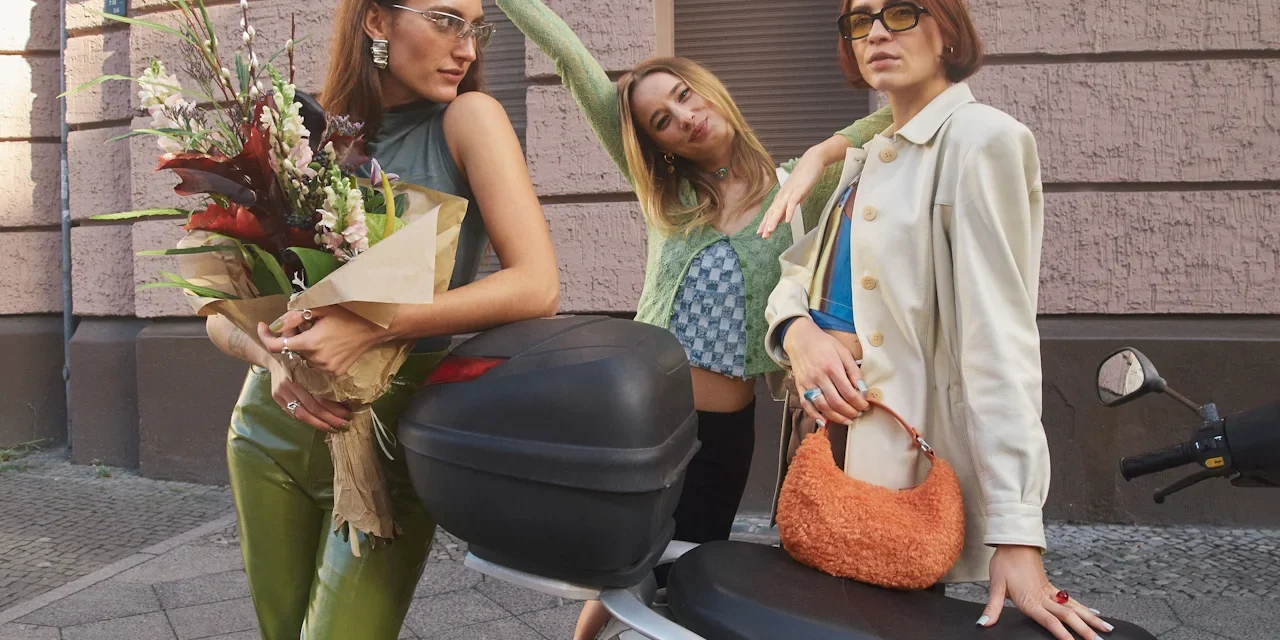The compatibility test.
We’re living in a time of conscious living — we compost, avoid single-use plastic, we upcycle furniture and count our carbon footprints. But sustainability isn’t just about the planet anymore — it’s become a lens for every area of our lives, including love and relationships.
Modern women are no longer dating with just a placeholder in mind— they’re thinking long game. Longevity. Emotional viability. Spiritual alignment.
Ten years ago, dating might have been about sparks and banter, butterflies and cute text messages. But today, it’s about being on the same page— values, vision, ambition, with consciousness. And this isn’t about being picky or difficult. It’s about sustainability. About not wasting energy, time, or emotional bandwidth on connections that don’t appear like they can go the distance.

The world has changed, and so have we. The old archetype — the man protector/provider, the guy who ‘fixed’ the things, open your car door and say sorry with flowers — it just doesn’t quite cut it anymore. It’s not because we don’t appreciate those gestures, but because we’ve learned how to do those things ourselves, we no longer want to be rescued. We want to be met on all levels; we don’t want to be just seen or heard; we ask to be understood.

We’ve entered an era where emotional intelligence, personal growth, and mutual respect are the new luxury items. You don’t get proof of these traits from an online dating profile, especially with its AI-generated bio.
In short, we’re wanting to date up. Not in a snobby, status-driven way — but in a conscious, strategic way. Up in emotional availability. Up in self-awareness. Up in partnership potential.
Because this life? It’s complex. We’re building careers, navigating mental health, and planning futures. We don’t want someone to simply accompany us. We want someone who can co-create with us. Someone who adds to our lives — not subtracts or stalls.

The truth is, the dating pool hasn’t necessarily shrunk — but the compatibility filter has become sharper. More women are willing to hold out for something better or walk away when it’s not right. Because being alone isn’t the problem — settling for a mismatch is.

